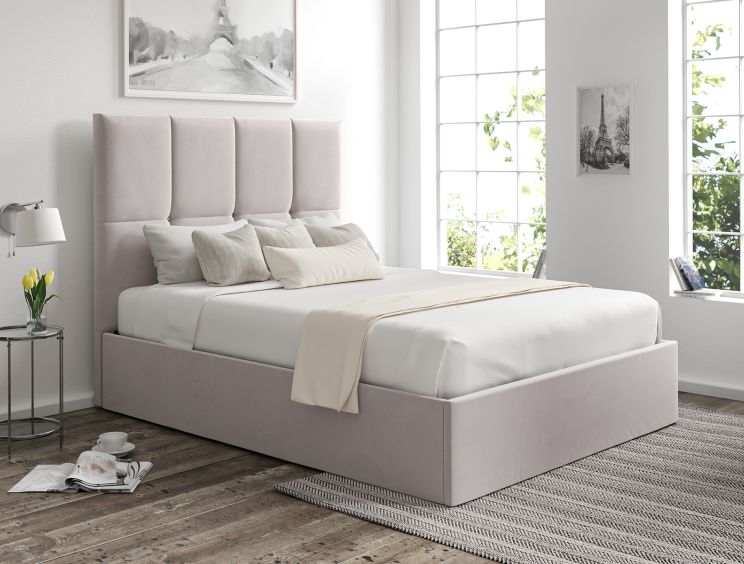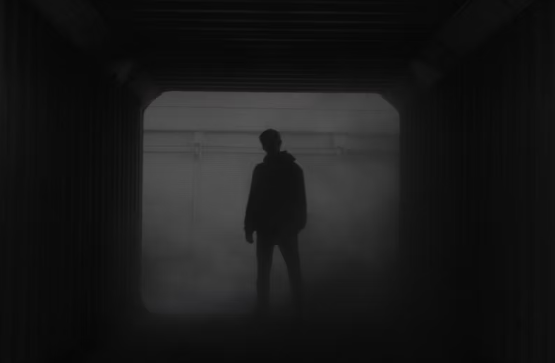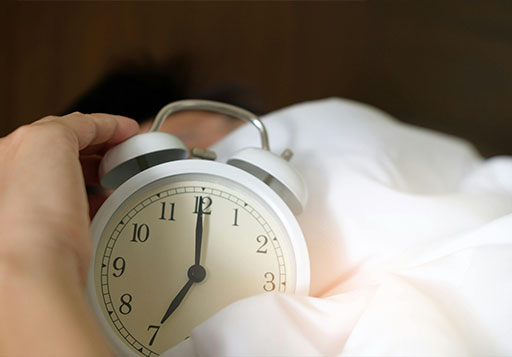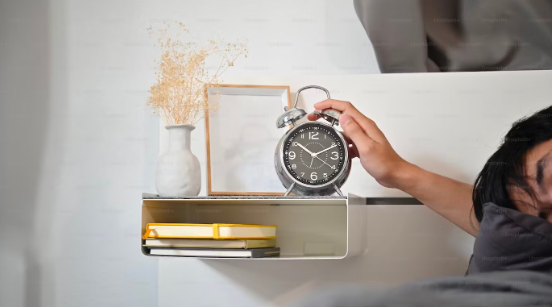Why Do I Twitch When I Sleep?

Author: Jonathan Warren

Picture the scene. You’re snuggled beneath the duvet, cosiest pyjamas on, just drifting off to the land of nod… when suddenly you’re awoken by a sudden twitching, jolting or falling sensation!
Sound familiar? You’ve probably experienced hypnic jerks, or sleep starts: a sensation which occurs in the early stage of our sleep cycle which causes our arms and legs to twitch suddenly. Though a completely natural and normal part of falling asleep, hypnic jerks can sometimes be unpredictable and startling. So, here, we’ve rounded up everything that you need to know about sleep twitching, and suggest some easy changes that you can make to your evening routine to ensure that your sleep is undisturbed.
What is a hypnic jerk or sleep start?
Hypnic jerks, or sleep starts, are involuntary muscle spasms which occur when you’re in the early stages of your sleep cycle (i.e just nodding off!). Some muscle movements can be small and hardly noticeable – in fact, you probably sleep through them – but some are large enough to wake you up, and can be perceived as a sudden twitching, jerking or falling sensation. Sleep Foundation say:
‘Hypnic jerks are a type of myoclonus, which is a category of rapid, involuntary muscle movements. Hiccups are another type of myoclonus. Hypnic is short for hypnagogic, a word that describes the transition between wakefulness to sleep, which is when these jerks occur.’
Why do I twitch when I sleep?
No one is 100% sure what causes hypnic jerks or sleep starts, but there are several theories. Sleep Score Labs say that some people believe these twitches are a reflex from our primate ancestors who slept in trees. Their muscles were wired to tense for impact if they accidentally slipped from the branches, which may explain the sensation of dropping or falling which sometimes comes hand-in-hand with hypnic jerks.
Others believe that hypnic jerks may be a result of our brains ‘misfiring’ in the early stages of falling asleep, which alerts our startle response and causes our muscles to twitch.
While hypnic jerks affect almost everyone, there are certain factors which can increase the likelihood of twitches occurring – these can include sleep deprivation, stress, exercising late in the evening and consuming too much caffeine.
Why do men twitch when they sleep?
It’s a common misconception that hypnic jerks occur most frequently in men. Infact, according to the BBC, they’re actually most common in children!
The Sleep Charity say that an estimated 60-70% of people remember having hypnic jerks – so they’re a pretty common occurrence. Hypnic jerks affect most people and are a perfectly natural part of falling asleep but, if you’re at all concerned, we recommend talking it through with a medical professional.
4 ways to prevent twitching in your sleep
Though there’s little concrete guidance on techniques to prevent hypnic jerks, some theories suggest that there are certain external factors which can increase the likelihood of the twitches occurring – from sleep deprivation and stress, to evening exercise and too much caffeine. Have a read of our tips to prevent sleep twitching…
1. Improve the quality of your sleep
We all know the feeling after a rubbish night’s sleep – brain fog, irritability and an inability to properly focus. However, Sleep Foundation say that trouble sleeping, or a lack of good-quality sleep, may also increase the chance of hypnic jerks.
As tempting as it might seem to binge-watch the latest Netflix series late into the evening, or indulge in that extra-long weekend lie-in, developing a good sleeping routine is key to an uninterrupted night’s sleep. And yes, that means going to bed at the same time each night, and waking up at a similar time each morning!
Once you’re in bed, it’s also worth considering the external factors which might affect your sleep. Blue light from phones or tablets, or even the glow of streetlights outside your window, can affect how easily you drift off to sleep. To encourage a sound sleeping pattern, try switching out your curtains for black-out blinds, or sleeping in a silky eye mask. Or, for the ultimate supportive sleep, a new mattress can make a world of difference! Why not try one of our spongy memory foam or pocket sprung mattresses? You’ll be nodding off before you know it.
A supportive mattress can make a world of difference to the quality of your sleep! Why not try our marshmallowy Sleep Sanctuary Memory Pocket 2000 mattress?
2. Create a calming evening routine
It’s well known that stress, anxiety and worries can have a huge impact on the quality of our sleep. And, according to The Sleep Charity, emotional stress can also increase the likelihood of hypnic jerks.
Creating a relaxing evening routine can help to ensure that you feel settled and calm before drifting off to sleep. A soothing soak in the bath, a lavender-scented pillow spray, or listening to a sleep podcast, are well-known remedies to restless sleep patterns. But why not try sitting up in bed and reading rather than scrolling on your phone or tablet? One of our uber-squishy upholstered beds will make the experience all the more comfortable.

The headboard on our Turin Hugo Dove Upholstered Ottoman is very padded. It’s perfect for reading while sat up in bed.
3. Avoid heavy exercise in the evening
Whether it’s a trip to the gym, a quick spin on the cross-trainer at home, or some sun salutations on the yoga mat, with busy schedules, it can be hard to find the time to exercise. Though exercise does wonders for our health and wellbeing, evidence suggests that high-octane exercise late at night can negatively impact our sleep, which might increase the chance of twitches and jerks. Healthline say:
‘In general, if you’re going to exercise at night, it’s best to do light to moderate-intensity activity. This level of activity may help you to fall asleep faster and get better quality sleep.’
4. Cut out the caffeine
As tempting as an espresso after dinner (or an evening glass of wine!) might be, caffeine and other stimulants might be the culprit when it comes to a restless and twitchy night’s sleep. To ensure that you drift off into an uninterrupted slumber, try avoiding caffeine and other stimulants (such as alcohol and nicotine) in the hours before you go to bed. Herbal or fruity teas can be a brilliant alternative, and those which contain soothing ingredients such as chamomile and lavender are proven to help you doze off quicker.
On the lookout for a new bed to help you sleep soundly? If you’re in need of inspiration, why take a look at our full collection of beautiful beds? From practical ottomans and storage beds, to classic and comfy upholstered beds, we have a design to suit any bedroom!



